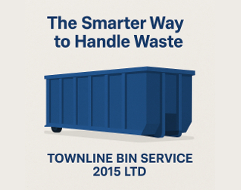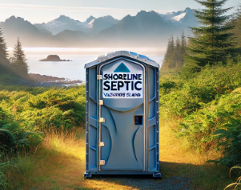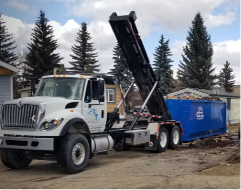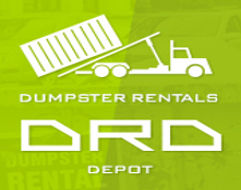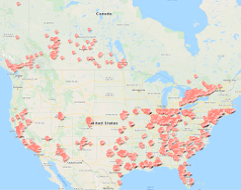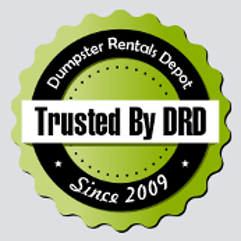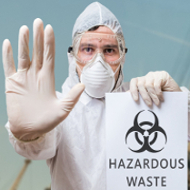A Few Facts About Phone Books Recycling
Composition of Phone Books
As with any recyclable, knowing exactly what phone books are of is important. The books’ composition can affect the end user selected, the collection methods, or even whether the books are recycled at all.
Needs of Paper Mills
The components a particular mill can handle will depend on the product into which the old telephone directories (OTD) is being made and upon that mill’s technology for handling inks, glues, etc. A basic understanding of the papermaking process is useful in matching the optimal end user to OTD from a specific community.
Most mills begin the recycling of OTD by shredding, or “hogging,” the books. This may have been done earlier, prior to baling, depending on the mill’s specifications and who processed the OTD for shipment to them. The baling strips are removed and the shredded books are processed with chemicals and water to remove ink, coatings, and glue. De-inking technologies very by mill, and are closely guarded trade secrets.
This cleaned fiber may be mixed with some virgin pulp fiber, depending on the recycled content of the end product. The wet paper mixture is thinned and passed into sheets, dried by hot air blowers as it runs through a series of rollers, then is fed onto long spools. Finally, the paper rolls are cut into standard sizes and wrapped for shipment to customers.
Grades and Prices of Recycled Paper
OTD is considered to be one of the lower grades of recycled papers. This, coupled with its lower volume in comparison to other grades, may be why OTD’s price is not quoted in common sources, such as Waste News or Recycling Times. Prices paid by the same mill may differ if the OTD is baled or loose. Other mills may pay a lower price, but include transportation. Still others may have agreements with directory publishers for a standard price. All of these factors make it difficult to pinpoint a prevailing market price for OTD.
Since end users are limited, the most reliable method to call independent end user and negotiate a price directly. Prices for all paper grades are somewhat interrelated, so monitoring of the markets and the factors that affect them is advisable. One grade of special interest is Number 8 Newspaper (ONP), as many of the mills who accept OTD also use this grade of ONP.
In soft markets, some processors move OTD by mixing it into loads of ONP or residential mixed paper (RMP). This is an option for smaller amounts, but there are usually restrictions on how much OTD can be in a load of RMP, depending on the end use for the paper. This is also something that must be discussed individually with the end user, as some may consider phone books to be contamination in loads of ONP or RMP.
Other Materials in Phone Books
Besides paper, phone books contain glue, inks, dyes and coatings. Mills differ in their capabilities to process some of these. Depending on the de-inking and cleaning processes, some may prefer water soluble glue, while others prefer hot-melt. Different types of ink (e.g. flexographic) may also present a problem to some mills. Awareness of both the mill’s needs and the composition of all directories in circulation in the community will decrease the likelihood of rejected loads.
Printing Changes to Accommodate Recycling
Most major directory publishers in the United States now manufacture their books to be recyclable. This mandated a change for many in the materials used to print the books. Industry standards are set by the Yellow Pages Publisher’ Association Environmental Council, including representatives from YPPA member publishers.
Since many paper mills prefer the use of water-soluble glue over hot-melt, most major directory publishers now specify water-soluble as their preferred glue. Soybean-based inks have replaced petroleum-based as the industry standard, along with vegetable-based dyes and environmentally friendly coatings for the directory covers. YPPA member publishers also complete the recycling loop by buying recycled paper, with 40% recycled content becoming standard as of January, 1998.
Some publishers may not adhere to these industry standards. Knowing the environmental policy of all publishers with directories in circulation within a given community is essential to a successful phone book recycling program.
The Public-Private Partnership
Phone book recycling programs work best when they involve a mix of private firms and public-sector representatives. In most instances, cities and counties already have collection infrastructures for recyclables in place, as well as public education programs to promote these methods. Waste haulers and processors have a vested interest in the recycling industry, and may be willing to provide some services at cost or gratis in exchange for publicity, as well, and will usually assist with promotion or costs of the campaign. In fact it may be more cost effective to hire a Waste Hauler or Dumpster Rentals business to handle some of the steps or all of the steps in the process of collecting, hauling and recycling. In many cases, costs can be reduced by consulting with professionals to determine which steps in the process will be done internally and which should be contracted out.
Below are a few environmentally responsible Canadian Dumpster Rentals companies that can offer you a professional consultation and help you with your paper disposal and recycling needs:
Dumpster Rentals in Canada:
- Dumpster Rental in Hamilton, Ontario is an environmentally concerned roll off boxes and dumpsters rental business servicing Hamilton and Oakville, Ontario
- Dumpster Rentals in Toronto, ON is a private, reliable, environmentally concerned waste disposal and dumpster rentals business
- Dumpster Rentals in Calgary, Alberta is a waste hauling & recycling business that also provides full waste management service including dumpster rentals and roll off boxes services.
- Bin Rentals Winnipeg is a garbage bin rentals and roll off dumpster service company providing residential, industrial and commercial customers in Winnipeg, Manitoba with quality waste disposal & recycling services.
- Published: 2011-10-18T15:23:26-07:00
- Author: Laura Schmidt, Dumpster Rentals Customer Supp
